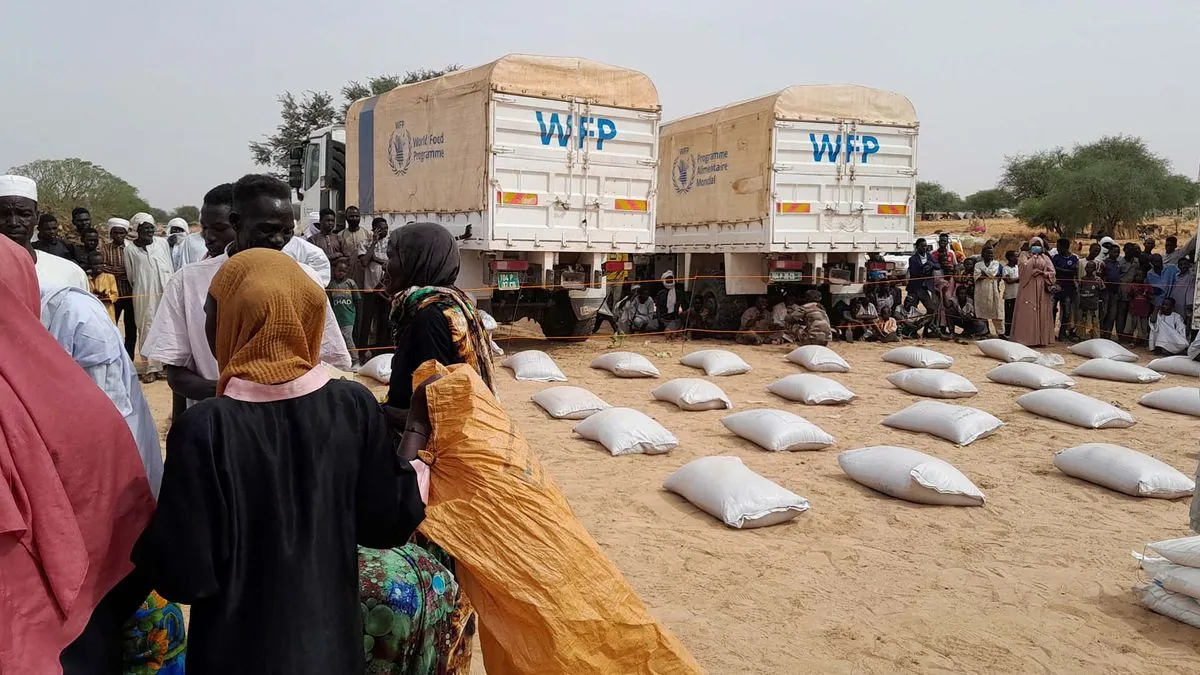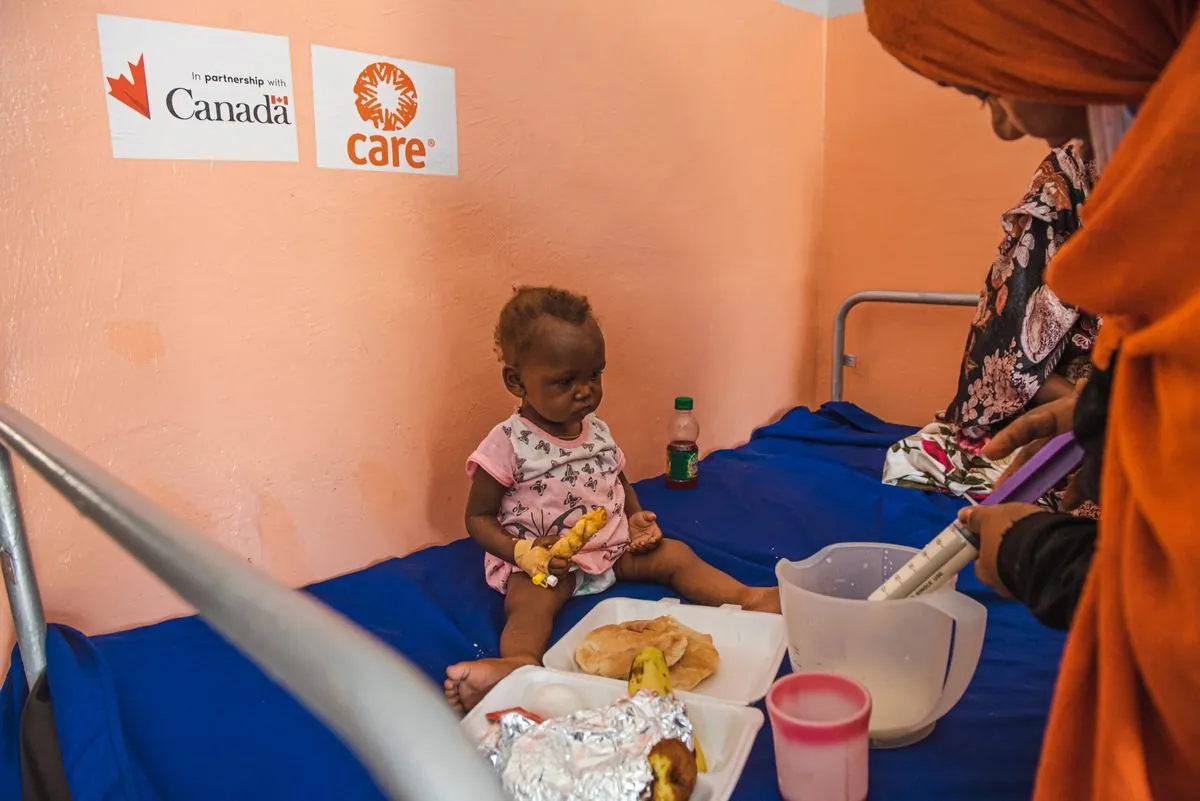South Darfur Faces Dire Health Crisis Amid Ongoing Sudan Conflict
Mothers and children in South Darfur are experiencing a severe health emergency, with high mortality rates and malnutrition. MSF reports limited international aid amidst the ongoing Sudan conflict.

South Darfur, a state in western Sudan, is currently grappling with a severe health crisis, particularly affecting mothers and children. Médecins Sans Frontières (MSF), also known as Doctors Without Borders, has reported alarming statistics highlighting the dire situation in the region.
From January to mid-August 2024, MSF documented 114 maternal deaths in South Darfur. Over half of these deaths occurred in medical settings, with sepsis being the primary cause in MSF-supported facilities. Sepsis, a life-threatening condition caused by the body's response to infection, has also claimed the lives of 48 newborns between January and June 2024 at two MSF-backed medical centers.
The health crisis extends beyond maternal and newborn mortality. Malnutrition among children in South Darfur has surpassed emergency thresholds. In August 2024, MSF screened 30,000 children under the age of two for malnutrition. The results were alarming: nearly 33% were found to be acutely malnourished, with 8.1% suffering from severe acute malnutrition.

This health emergency is unfolding against the backdrop of ongoing conflict in Sudan, which began in April 2023. The violence erupted due to tensions between the Sudanese military and the paramilitary Rapid Support Forces (RSF), spreading across the country, including the Darfur region. This conflict has exacerbated existing challenges in healthcare access and delivery.
Dr. Gillian Burkhardt, MSF's sexual and reproductive health activity manager in Nyala, South Darfur's capital, described the situation as a "crisis unlike any other," with multiple health emergencies occurring simultaneously and minimal international response from the UN and other organizations.
The lack of resources and functioning medical facilities has forced women to give birth in unsterilized environments, increasing the risk of infections. High transportation costs and limited access to healthcare have resulted in women arriving at hospitals in critical condition, often too late for effective treatment.
Maria Fix, MSF's medical team leader in South Darfur, shared a heartbreaking account:
"A pregnant patient from a rural area waited two days to collect the money needed to get care. When she traveled to a health center, they had no drugs so she went back home. After three days, her condition deteriorated, but again she had to wait five hours for transportation. She was already in a coma when she reached us. She died from a preventable infection."
This tragic story underscores the urgent need for improved healthcare access and resources in the region.
The situation in South Darfur is part of a larger humanitarian crisis that has plagued the Darfur region for over two decades. The conflict in Darfur began in 2003 and has resulted in hundreds of thousands of deaths. In 2004, the United Nations declared it one of the worst humanitarian crises globally.
Despite the challenges, there have been some efforts to provide aid. In June 2024, the UN World Food Programme delivered life-saving food and nutrition to some families in South Darfur. However, the scale of the crisis far exceeds the current level of assistance.
MSF, which received the Nobel Peace Prize in 1999 for its humanitarian work, remains one of the few international organizations on the ground in Nyala. The organization's efforts, while crucial, are insufficient to meet the overwhelming demand for medical attention in the region.
The ongoing conflict in Sudan has displaced millions of people internally and across borders, further straining the already limited resources. Climate change and desertification have contributed to resource scarcity in the Darfur region, compounding the humanitarian crisis.
As the third-largest country in Africa by area, Sudan faces significant challenges in providing healthcare across its vast territory. The international community's response has been limited, with various sanctions imposed on Sudan over the years due to conflicts and human rights concerns.
The situation in South Darfur serves as a stark reminder of the urgent need for increased international attention and support to address this complex humanitarian crisis. Without significant intervention, the health emergency in South Darfur is likely to worsen, claiming more lives and leaving lasting impacts on the region's population.


































